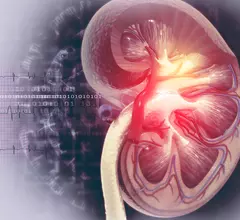STAMFORD, Conn.—FUJIFILM Medical Systems U.S.A., Inc., a leading provider of diagnostic imaging and medical informatics solutions, today introduced the FCT Embrace. Powered by Analogic, the FCT Embrace is the world’s first 85cm wide bore computed tomography (CT) imaging unitwith 64 or 128 slice configurations. Optimized for both oncology and radiology applications, the FCT Embrace, combined with other market-leading oncology solutions, offers enhanced and efficient CT Simulation with radiotherapy treatment planning capabilities. The unveiling at booth #3063 during the 2018 American Society for Radiation Oncology (ASTRO) Annual Meeting marks Fujifilm’s entry into the CT market, expanding its end-to-end diagnostic imaging product portfolio which is recognized for exceptional imaging at low dose.









